Iran rules out nuclear talks with US amid ‘maximum pressure’ campaign
Iran will not engage in negotiations with the United States on its nuclear program unless the White House steps back from a recently reinstated “maximum pressure” campaign, Foreign Minister Abbas Araghchi says.
Araghchi was addressing a press conference on Tuesday alongside his visiting Russian counterpart, Sergey Lavrov.
The foreign minister said Iran will address the nuclear issue in coordination with its allies – Russia and China.
“On nuclear negotiations, Iran’s stance is very clear: we will not negotiate under pressure, threat, and sanctions.”
“Therefore,” the Iranian foreign minister stated, “there is no possibility of direct negotiations between us and the United States on the nuclear issue as long as maximum pressure continues to be applied in its current form.”
Araghchi highlighted his “detailed and constructive” discussions with Lavrov on a broad range of topics, particularly concerning the Caucasus, Asia, and Eurasia.
The Iranian foreign minister praised the rapid progress in economic cooperation between Tehran and Moscow, citing collaborations in energy, railways, and agriculture.
On Palestine, Araghchi said they discussed Trump’s “unacceptable” forced displacement plan targeting Gaza residents.
Regarding Syria, he underlined the alignment of Iranian and Russian positions.
“Stability, peace, territorial integrity, and progress in Syria based on the will of its people are priorities for Iran. We support establishing peace and stability in this country.”
Room for diplomacy on nuclear issue
Lavrov also elaborated on his “detailed and constructive” discussions with Araghchi during the press conference.
The Russian foreign minister said both sides agreed to enhance cooperation within the framework of BRICS.
Lavrov drew attention to a notable increase in trade between Iran and Russia despite Western sanctions.
“Trade exchanges between Iran and Russia have increased by more than 13%, and we hope this trend will continue.”
The Russian minister also expressed satisfaction with the progress on the Rasht-Astara railway project.
“Construction has begun, supported by a Russian government loan, which is an important step toward establishing the North-South Corridor,” he stated, referring to a trade route connecting India to northern Europe.
Lavrov pointed to Tehran’s successful hosting of the Caspian Economic Forum and expressed optimism about convening a joint economic cooperation commission later this year.
Addressing Iran’s nuclear program, Lavrov put a premium on diplomacy.
“We believe there is still diplomatic capacity to resolve Iran’s nuclear issue, and we hope a solution can be found. This crisis was not created by Iran.”
Iran has long been subjected to Western sanctions over its nuclear activities, human rights issues, and other pretexts.
The administration of US President Donald Trump has escalated these measures since taking office, reinstating the so-called maximum pressure policy, a campaign of hybrid warfare targeting Iran.
Similarly facing sanctions over its military operations in Ukraine, Russia has deepened its cooperation with Iran in recent years.
In January, Iranian President Masoud Pezeshkian visited Moscow and signed a strategic partnership agreement with President Vladimir Putin to bolster economic and military collaboration.
Iran knows where Netanyahu convenes his meetings: Ex-IRGC chief
‘Law of jungle’: China says Israeli-US aggression against Iran must stop
Iran says committed to regional security; retaliatory attacks only target Israel, US assets
'Blatant war crime': Iran denounces US-Israel strikes on Gandhi hospital in Tehran
IRGC spox: 650 casualties for US military in two days as Iran missiles force aircraft carrier to fle
Tehran warns of false-flag operations, says Israel ‘undoubtedly’ seeking to widen war
New wave of attacks devastates key US base in Bahrain as Iran strikes back
Melania Trump chairs UN children's meeting as Iran buries kids killed in US-Israeli attack


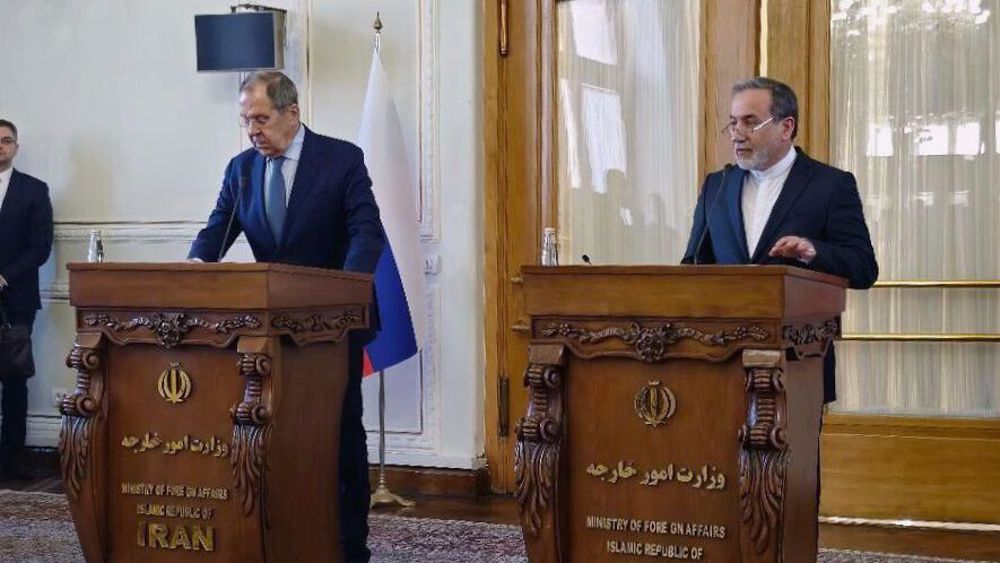
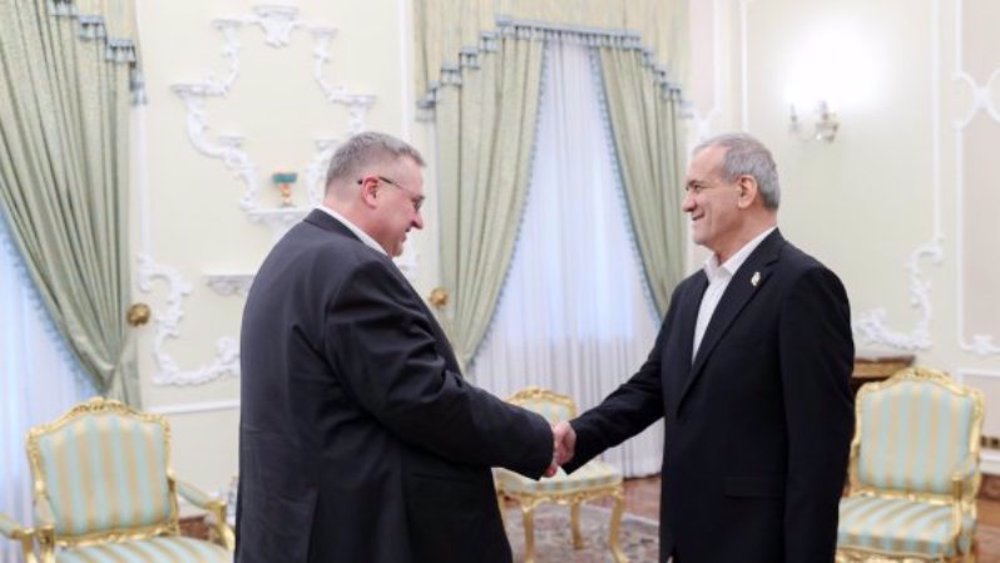
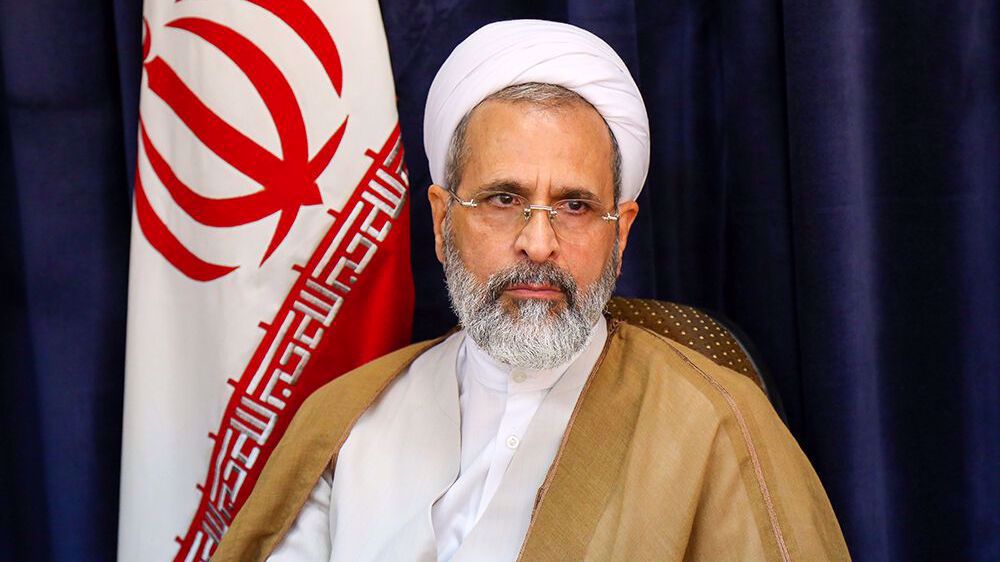
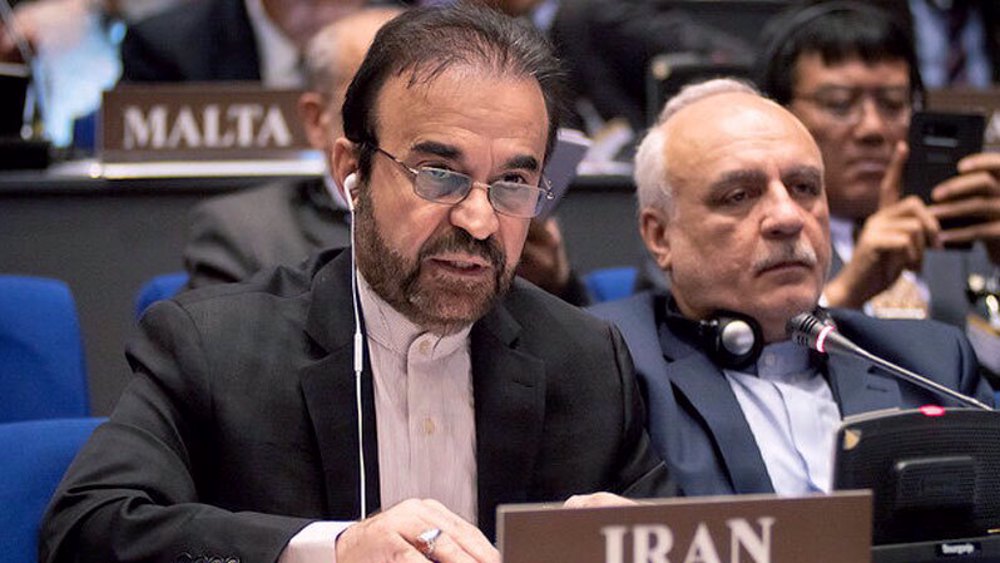
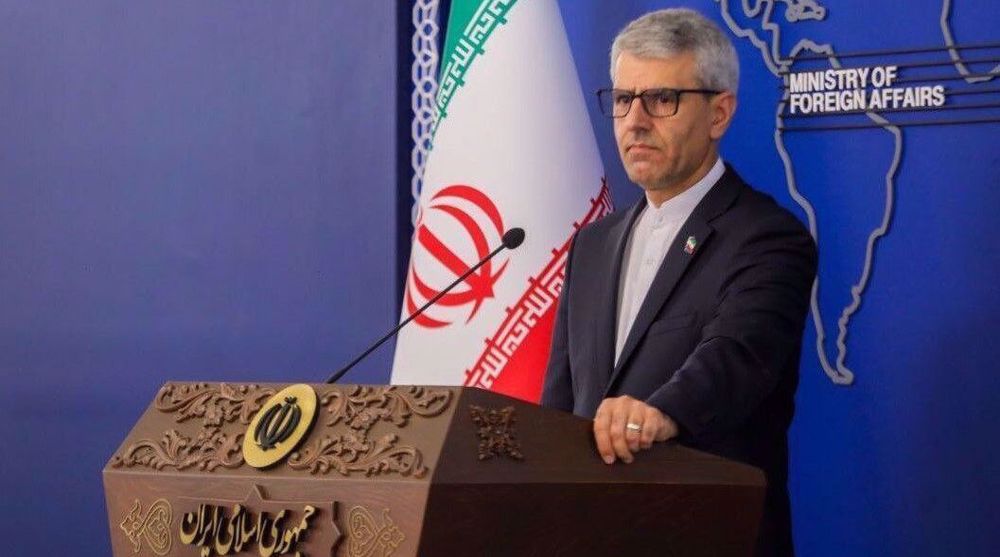



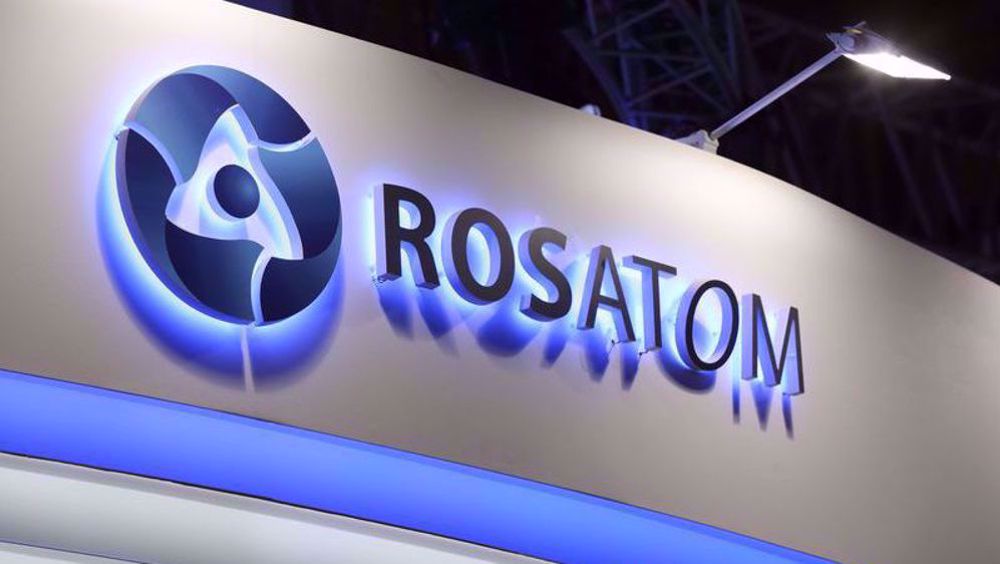


 This makes it easy to access the Press TV website
This makes it easy to access the Press TV website